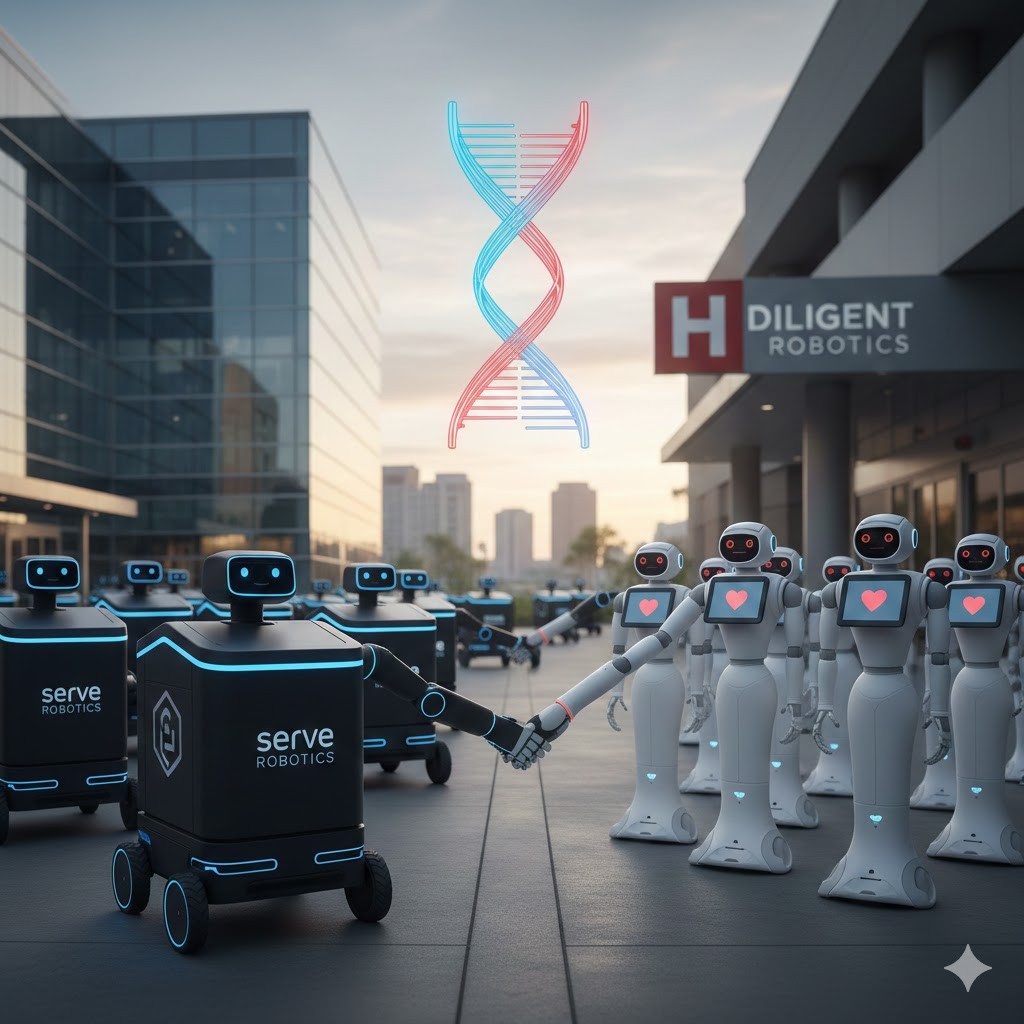Tesla has taken another massive leap toward solidifying its position as a technology-driven automotive and energy company by signing a monumental $16.5 billion agreement with Samsung Electronics. This deal, which focuses on the co-development and manufacturing of advanced AI chips, could mark a turning point in Tesla’s vision for autonomous driving, energy management, robotics, and next-generation artificial intelligence systems. The collaboration underscores the growing convergence of automotive engineering, semiconductor innovation, and AI-driven computing as Tesla expands far beyond its electric vehicle origins.
The core focus of this agreement lies in producing highly advanced 3-nanometer AI chips that will form the computational backbone of Tesla’s future products. These chips will power Tesla’s self-driving systems, its Optimus humanoid robot, and potentially its broader suite of AI-enabled applications ranging from fleet management to distributed energy networks. As autonomous systems become increasingly reliant on real-time decision-making, high-performance, low-power semiconductors are essential. The 3-nanometer process that Samsung brings to the table promises significant gains in speed, efficiency, and thermal management.
This partnership is the latest evolution in Tesla’s relationship with the semiconductor industry. For years, Tesla has relied on external chip manufacturers to supply its AI hardware. However, with the stakes growing higher for achieving full self-driving capabilities, Tesla has been designing its own Dojo supercomputer and custom neural network processors. Samsung’s cutting-edge fabrication technology will allow Tesla to take its proprietary chip designs from the conceptual stage to mass production, combining Tesla’s expertise in AI algorithms with Samsung’s advanced semiconductor capabilities.
The implications of this deal extend far beyond cars. Tesla’s ambitious plans for its Optimus robot—a humanoid machine designed to handle repetitive tasks in factories and eventually assist in homes—rely on extremely sophisticated AI models that can only run efficiently on custom hardware. The same chips could also enhance Tesla’s energy products, such as Powerwall batteries and grid-scale energy management systems, by enabling predictive analytics and automated decision-making to optimize renewable energy use. These AI-driven systems could become a foundational layer in the infrastructure of a future powered by clean energy.
One of the major benefits of this collaboration is the scale and security it brings to Tesla’s supply chain. In recent years, global semiconductor shortages have impacted industries worldwide, including automotive manufacturing. By securing a long-term manufacturing partnership with Samsung, Tesla ensures that its next generation of AI chips will have a reliable path to production. This move positions Tesla to mitigate future supply disruptions while maintaining control over the innovation pipeline that differentiates its technology from competitors.
For Samsung, the deal further establishes its standing as one of the world’s most advanced semiconductor fabricators. Competing closely with TSMC in the race for advanced chip manufacturing, Samsung’s partnership with Tesla showcases the growing demand for specialized chips in emerging markets like autonomous vehicles and robotics. It also represents a strategic bet on the long-term value of AI-driven applications that extend beyond smartphones and traditional computing devices.
The collaboration arrives at a critical moment for Tesla’s self-driving program. While its Full Self-Driving (FSD) software has made significant strides in perception and decision-making, the system still requires human supervision and regulatory approval. These new chips could be the breakthrough that enables faster processing of massive amounts of sensor data, improved neural network training on Tesla’s Dojo platform, and more accurate real-time predictions for vehicle navigation. The result could be a self-driving system that approaches the reliability and safety needed for widespread, fully autonomous deployment.
Critics, however, caution that cutting-edge hardware alone cannot guarantee success. Achieving true autonomy requires not only powerful chips but also robust AI models, extensive real-world training, and stringent safety validation. Nevertheless, hardware remains a bottleneck in scaling AI capabilities, and Tesla’s strategy is to eliminate that bottleneck entirely by designing and owning the key components of its AI stack.
Looking ahead, the partnership between Tesla and Samsung may accelerate innovation in several sectors simultaneously. It blurs the lines between automotive companies and technology companies, showing that the future of mobility lies at the intersection of artificial intelligence, high-performance computing, and advanced manufacturing. As these chips come online, we may witness significant advances not just in Tesla vehicles but in robotics, energy systems, and potentially even consumer electronics, all powered by the same underlying AI hardware.
In essence, the $16.5 billion Tesla-Samsung deal is not just a business agreement; it is a declaration of intent. It signals Tesla’s determination to control its technological destiny and Samsung’s commitment to remain at the forefront of semiconductor innovation. Together, they aim to build the computational engines that will drive the next era of autonomous, AI-powered systems—a future that promises to transform how we move, work, and live.
NEVER MISS A THING!
Subscribe and get freshly baked articles. Join the community!
Join the newsletter to receive the latest updates in your inbox.






